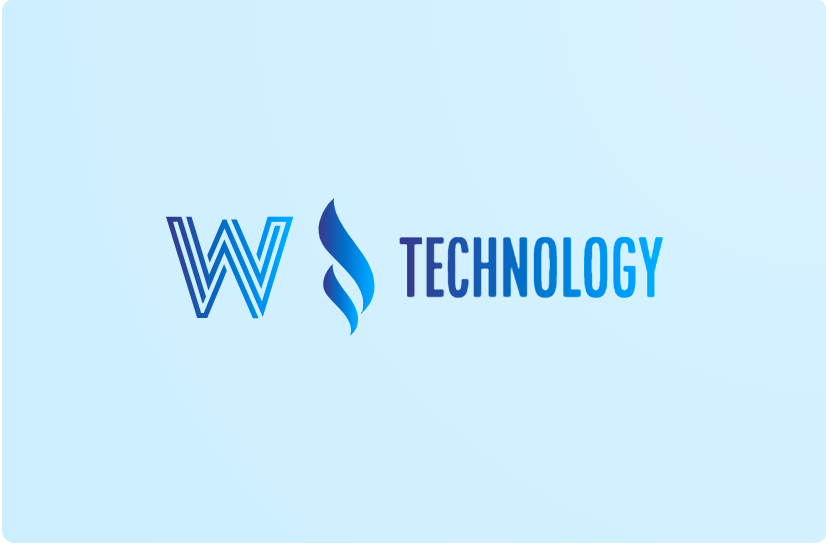C Programming - A beginner guide
C is a popular programming language that is widely used for system programming, embedded systems, and developing applications. It was first developed by Dennis Ritchie at Bell Labs in the 1970s. The language is known for its efficiency, portability, and versatility. In this tutorial, we will introduce the basics of C programming language in simple words with examples.
Variables and Data Types: C supports different types of data such as integers, floating-point numbers, characters, and arrays. A variable is a container that holds a value of a specific data type. For example:
int num = 5;
float score = 3.14;
char letter = 'A';
In the above code, we declared three variables, 'num' of type integer, 'score' of type float, and 'letter' of type character. The equal sign assigns a value to the variable.
Operators: C has various types of operators such as arithmetic, relational, logical, and assignment operators. These operators allow us to perform mathematical calculations and make decisions based on conditions. For example:
int a = 10, b = 5;
int sum = a + b;
int product = a * b;
if (a > b) {
printf("a is greater than b");
}
In the above code, we declared two variables 'a' and 'b' of type integer and performed addition and multiplication using the arithmetic operators. The 'if' statement compares the value of 'a' and 'b' using a relational operator and prints the result.
Functions: A function is a block of code that performs a specific task. In C, we can create our own functions or use predefined functions from libraries. For example:
int add(int a, int b) {
return a + b;
}
int main() {
int result = add(5, 10);
printf("The sum is %d", result);
return 0;
}
In the above code, we created a function called 'add' that takes two integer parameters 'a' and 'b' and returns their sum. In the 'main' function, we called the 'add' function with values 5 and 10 and printed the result using the 'printf' function.
In conclusion, C is a powerful programming language that is widely used in software development. It supports variables, data types, operators, and functions, which are essential building blocks for writing programs. By understanding the basics of C programming language, you can create your own programs and explore its capabilities further. So let's move forwards and learn all the concepts in depth.








0 Comments